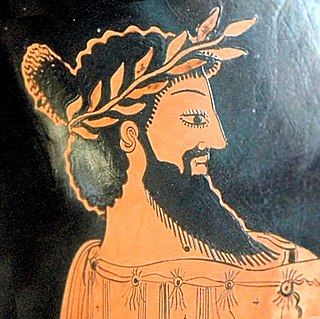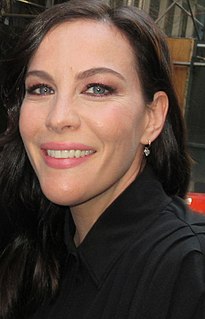A Quote by Salman Rushdie
Anyone who reads my work will see that there are often difficult relationships between fathers and sons.
Related Quotes
I think previously, when fathers and sons argued with each other, they would still face each other and face each other's feelings, but now, the relationships between people has become much more abstracted. I think, actually, in China, the gulf that exists between the pre- and post-internet generations is more vast.
Uncleanness is so much the attribute of officials that one could almost regard them as enormous parasites...In the same way the fathers in Kafka's strange families batten on their sons, lying on top of them like giant parasites. They not only prey upon their strength, but gnaw away at the sons' right to exist. The fathers punish, but they are at the same time the accusers. The sin of which they accuse their sons seems to be a kind of original sin.
I've seen beautiful and profound change and growth in men who are becoming fathers. Women get to carry the baby, so you might get a little head start on them, but watching a man get to know the little person, seeing that bond evolve and seeing the difference in the relationship between fathers and their sons and daughters, is fascinating.
Women have always been the primary victims of war. Women lose their husbands, their fathers, their sons in combat. Women often have to flee from the only homes they have ever known. Women are often the refugees from conflict and sometimes, more frequently in today's warfare, victims. Women are often left with the responsibility, alone, of raising the children.





































